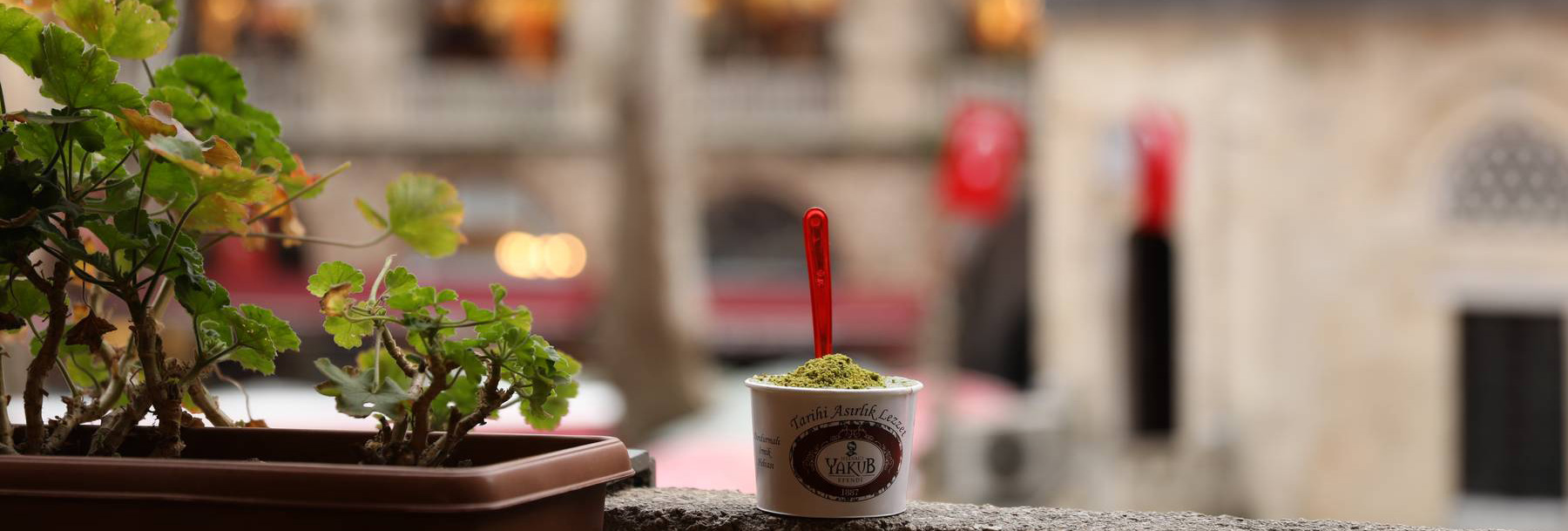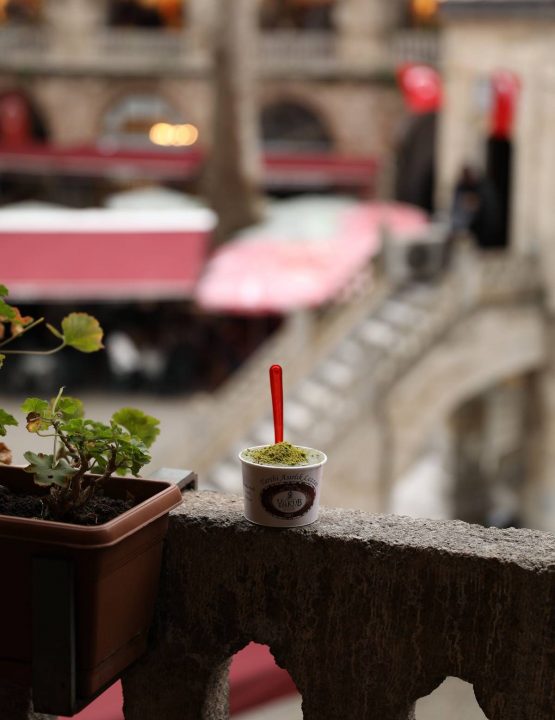
Our History
There is a hidden history in the halvahs of Halvacı Yakub, whose taste is remembered once tried. Halva culture, which is an indispensable tradition of conversations in our history, continues to exist in a wide geography from the Middle East to the Balkans. Blending with the spirit of Islam; The production of this dessert, which has become one of the indispensable treats by enriching it with cultural and sociological activities, is enriched by the hand of a master in the 16th century. The enriched and fertile halva is now available at the Helvacı Yakub branches.
Sheikh Helvacı Yakub Efendi, also known as Helvacı Baba, was a Sufi, one of the Sufi figures of his time, and was the caliph of Bayrami Pir Ali Aksarayi. In Mahmud Cemaleddin-i Hulvi Efendi's work titled "The Sweet Situations of the Supreme Parents", the following is said about Halvai Sheikh Yakub Efendi; "He is the elite of the perfect masters, the exemplar of the messengers, and one of the elders of the beloved saints." Helvai Yakub Efendi popularized the Bayyramiyye sect, to which he was a member throughout his life, and gained a great reputation by making great efforts to spread it especially in Istanbul.
Helvacı Yakub Efendi gave lectures in the Şehzade Mosque during the reign of Suleiman the Magnificent. On Fridays, he would distribute semolina halva to the congregation after the Friday prayer under the great plane tree in the garden of the Şehzade Mosque. According to known rumors, the bottom of the cauldron, where Halvai Yakub Efendi, who took his name from here, distributed semolina halva on Fridays, was never visible. The halva he cooked was known as "endless halva" and was famous for its fertility. This event, which took place every Friday, had now gained a symbolic value. At the same time, the plane tree in the garden was considered sacred for this reason.

After the death of Halvai Sheikh Yakub Efendi, a Sufi master, his family, circle and loved ones continued to carry on this tradition in his memory. Every Friday after prayers, semolina halva continued to be cooked and distributed under the plane tree in the mosque garden. Thus, this tradition, which was started by Halvai Sheikh Yakub Efendi, continued for years. As a result of the dissolution of the Şehzadebaşı madrasah during the war years and the prohibition of educational institutions there as per the Tekke and Zaviye Law, the people of the Diyanet continued this tradition with their own solidarity, as the religious officials who came to office could not continue this tradition.
The tomb of Helvai Yakub Efendi, one of the well-known saints of Istanbul, is under the plane tree. "Hundreds of citizens gathered here are threatening public order." It was removed and moved to Vezneciler. The sign "There is no tomb here" was hung on the branch of the plane tree, but today, the plane tree in the garden of the Şehzade Mosque is still considered sacred and is visited by the public. The people memorized the bottom of the tree as a burial place and turned it into a tomb. Those who pray and make vows to the branches of the great plane tree tied cloths. Thus, colorful wish rags decorate the plane tree.
Halvacı Yakub, who considers it ideal to continue the fertile and delicious tradition of Sheikh Yakub Efendi today, is a dessert shop that is inevitable to become a habit with the options of Pistachio Halva with Pistachio, Semolina Halva with Ice Cream and Milk Halva, and serves you in its branches.



